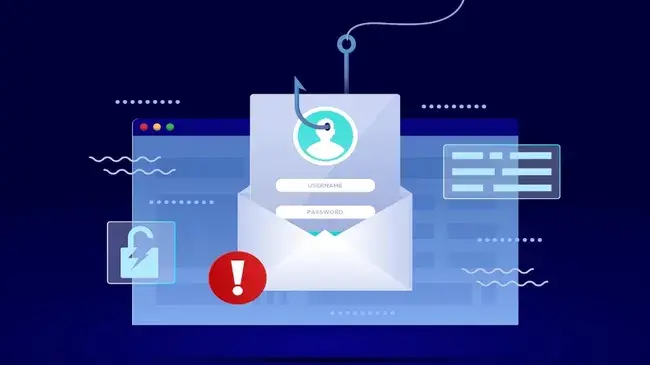AI-Driven Phishing Scams Target Executives
- Tech Brief

- Jan 5
- 2 min read

Recent reports highlight a surge in AI-driven phishing scams targeting corporate executives. These sophisticated attacks utilize artificial intelligence to craft highly personalized and convincing fraudulent emails, making them increasingly difficult to detect and prevent.
Key Developments:
Hyper-Personalized Phishing Emails: AI tools analyze online profiles and social media activity to gather personal information about executives. This data is then used to create tailored phishing emails that closely mimic legitimate communications, increasing the likelihood of successful deception.
Increased Accessibility for Cybercriminals: The availability of generative AI tools has lowered the entry threshold for advanced cybercrime. Hackers can now produce convincing phishing emails at scale, bypassing traditional email filters and security measures.
Significant Financial Impact: Business Email Compromise (BEC) scams, a common form of phishing where fraudsters trick recipients into transferring funds or divulging confidential information, have resulted in global losses exceeding $50 billion since 2013. The integration of AI into these scams has amplified their sophistication and potential damage.
Challenges in Detection: AI-generated phishing emails often evade standard security filters due to their unique and personalized content. Traditional defenses, which rely on detecting known malicious patterns, are less effective against these evolving threats.
Recommendations for Protection:
Enhance Security Training: Regularly update and educate employees, especially those in executive positions, about the latest phishing tactics and the importance of scrutinizing unexpected or unusual emails.
Implement Advanced Security Measures: Adopt AI-driven security solutions capable of analyzing email patterns and detecting anomalies indicative of phishing attempts.
Use Multi-Factor Authentication (MFA): Enforce MFA across all accounts to add an extra layer of security, making it more challenging for attackers to gain unauthorized access.
Limit Information Sharing: Encourage executives to minimize the amount of personal and professional information they share publicly online, reducing the data pool that attackers can exploit.
Staying informed about these emerging threats and proactively implementing robust security measures are crucial steps in safeguarding against AI-driven phishing scams.




Comments